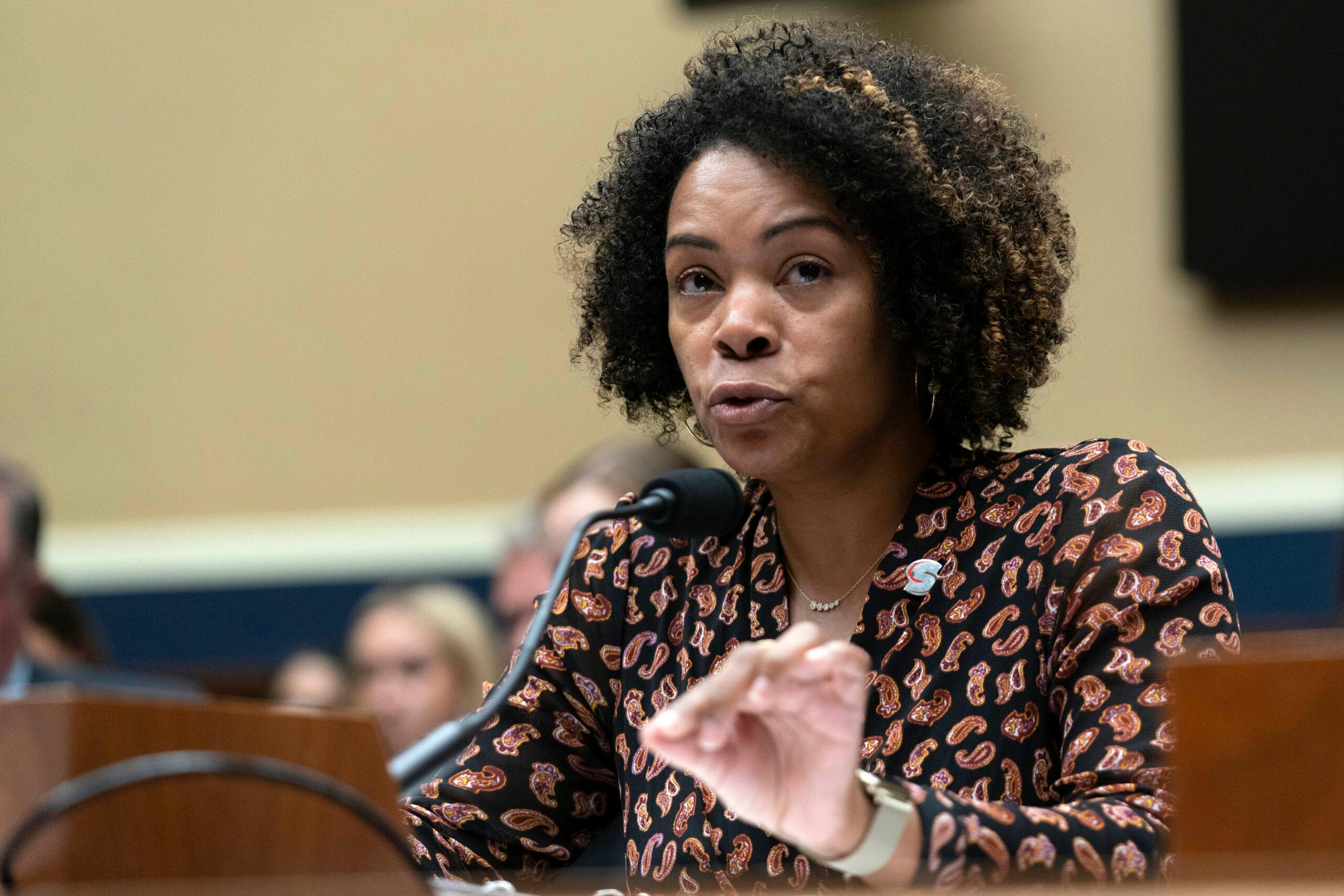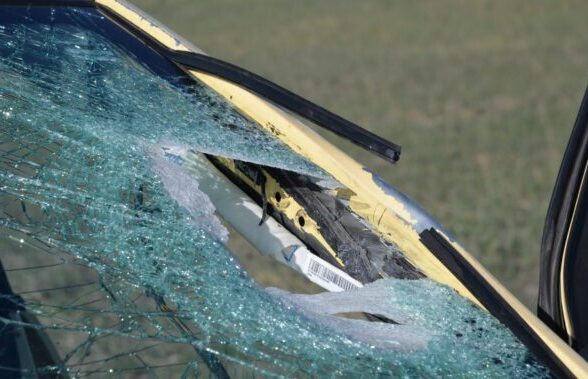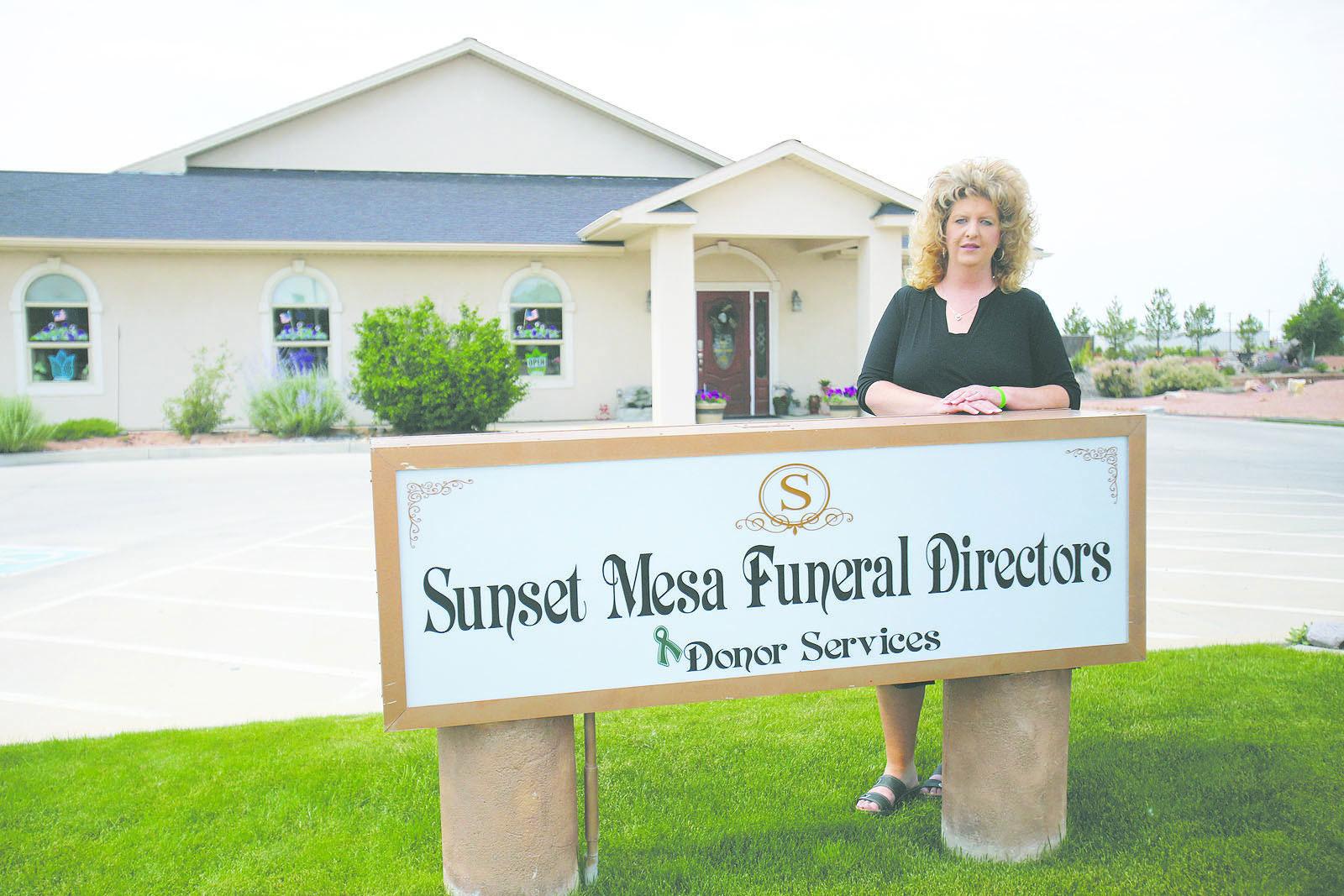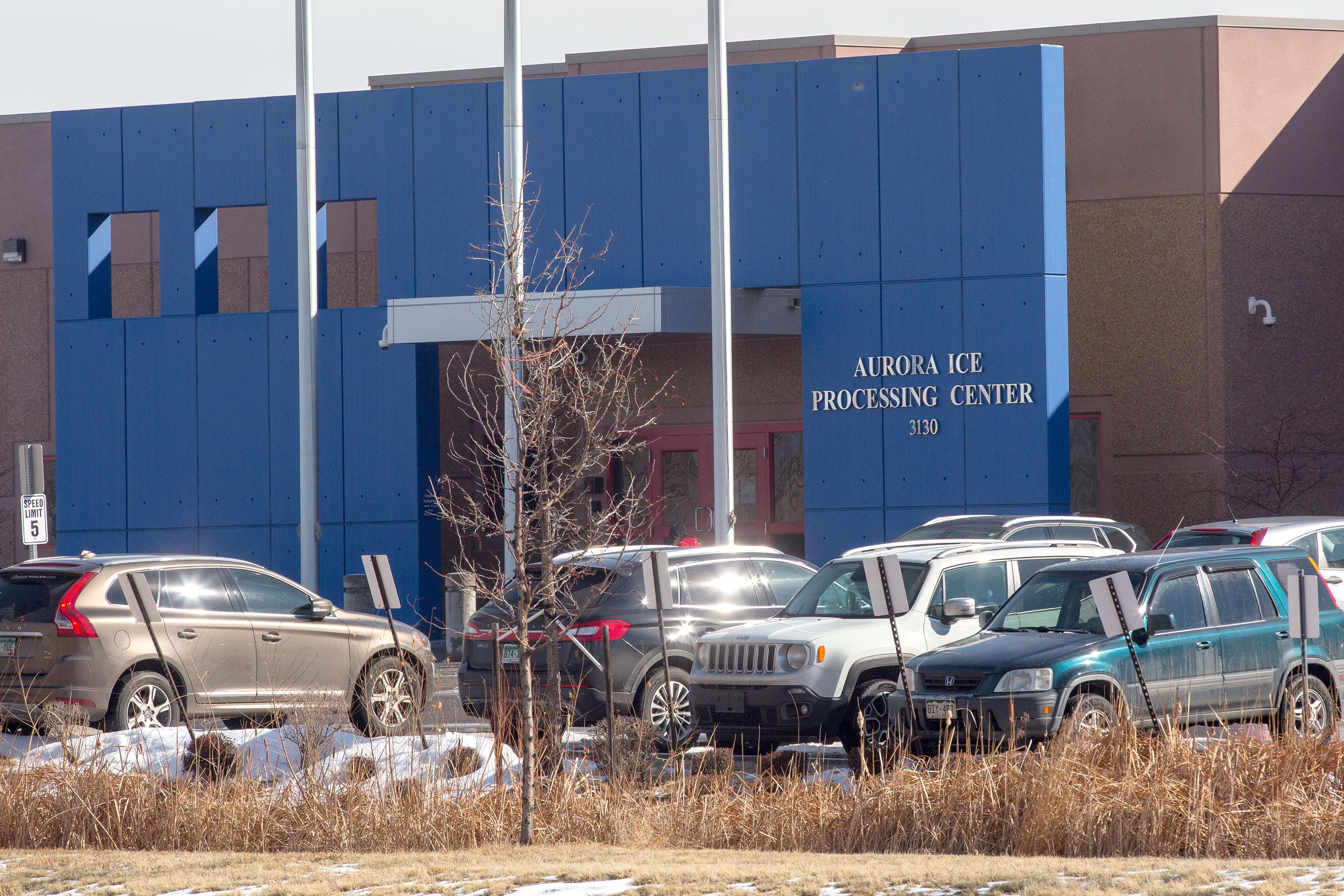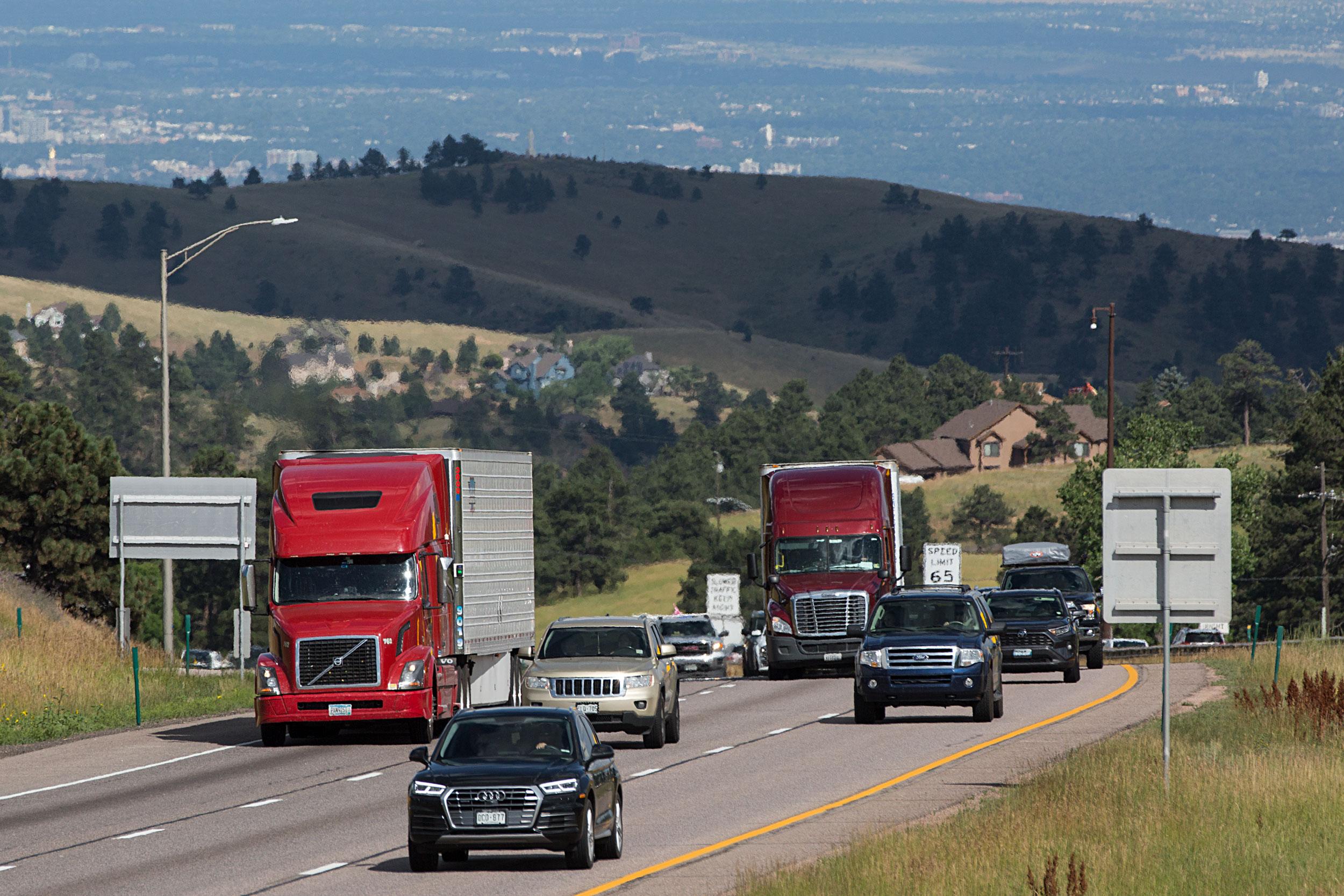
Lawmakers appear to have bipartisan agreement at the state Capitol that Colorado's transportation system needs a serious infusion of money.
But with the 2020 session poised to kick off later this week, both sides are still far apart about where that should come from: new revenue, or reprioritizing the existing budget.
“I can absolutely tell you, 100 percent, we will not be able to meet our transportation needs without new funding sources,” House Speaker K.C. Becker said Monday at a legislative preview breakfast sponsored by Commuting Solutions, a Louisville, Colorado-based group that advocates for multi-modal transportation.
The group supported the last few attempts to raise new revenue — including 2018’s sales tax-raising Proposition 110 and 2019’s Proposition CC, which would have redirected taxpayer refunds to roads and schools. Voters rejected both of them.
“That means that we have to be creative,” said state Sen. Faith Winter, chair of the Senate Transportation & Energy Committee.
The Taxpayer’s Bill of Rights limits revenue and requires voter approval for all tax increases. It’s one reason why the state’s gas tax has stayed at 22 cents per gallon since 1991, which Democratic lawmakers say has led to a backlog of projects needing billions of dollars to be completed.
“We're all spending more time sitting in traffic,” Gov. Jared Polis said. “[Colorado’s] infrastructure systems simply haven’t kept up with our state's growth.”
Legislators will look at adjusting the gas tax this session, Winter said. One option is to change it so that it rises with inflation, though that would likely require voter approval.
Winter also noted that the way she and others use the roads has changed dramatically in the last 10 years — she has her groceries delivered rather than driving to the store herself, for example. So lawmakers will also consider new fees for delivery services and other new forms of mobility, like electric cars.
Unlike tax changes, lawmakers can create new fees without going to voters — although an effort could be coming to change that. A conservative coalition is researching a ballot question that would give voters more power over large new fees.
Another new idea that is making the rounds: Rather than putting forth another statewide ballot measure, the legislature could give metropolitan planning organizations like the Denver Regional Council of Governments the authority to run ballot measures on a regional level. Such measures would be easier to pass, Winter said, but could also cut both ways.
“We don't want to create a system where only the populated areas, where, frankly, only the areas that are more progressive and could pass a tax, (but) leave the rest of the state out,” Winter said. “That's really important to think about because we all want our Rocky Ford melons and our Palisade peaches, right?”
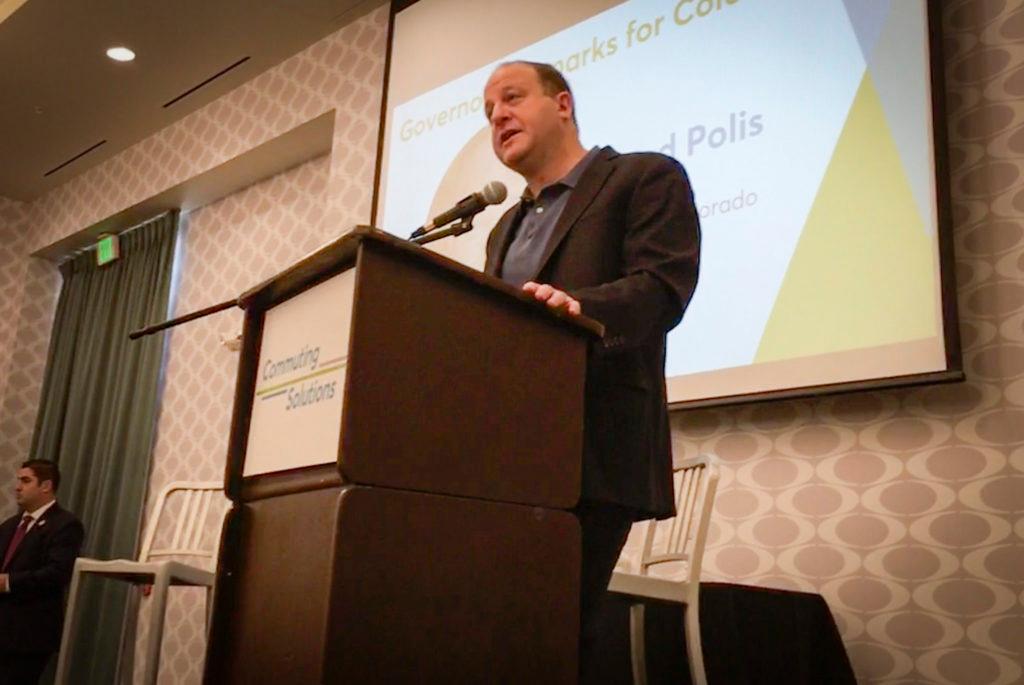
Becker, Polis and state Rep. Matt Gray, chair of the House Transportation and Local Government Committee — all Democrats — said that despite controlling both chambers and the governor’s office, they do want to work with Republican leaders to find new funding.
Noting the failure of recent ballot measures, Polis said the message he took from voters is they want politicians to create “a better way to fund our roads.”
“We know that none of this is easy,” he said. “If it were easy, it would've been done already either by the voters or by the legislature.”
No Republican legislators spoke at the Monday event. But Republican Senator Minority Leader Chris Holbert told Colorado Matters host Ryan Warner in a recent interview that he’d prefer legislators to shift more money from the general fund into transportation. Lawmakers last year were able to find an extra $106 million, bringing the total funding to more than $300 million, he noted.
"It isn't taking it from anyone else,” Holbert said. “It's keeping it where it has been."
That money could be used to pay for projects directly, Holbert said, or leveraged through bonding to get billions of dollars upfront. Gov. Polis’ budget proposal, released in November, set aside $550 million for transportation — but $500 million of that is from past legislation and already spoken for.
Gray, chair of the House Transportation Committee, said moving more money from the general fund is not an option this session. And he said Democrats have done their part to try to compromise with Republicans in recent years as they’ve looked for a funding model voters will accept.
“It's a very frustrating position to be in where we are willing to absolutely meet in the middle, absolutely work together, propose a bunch of different revenue sources and been told ‘no’ over and over and over again,” Gray said. “Every campaign that we've put forward to try to get dedicated transportation funding has had significant parts of the other party come and attack [it]."
If there’s no way to raise new revenue on a statewide level, Gray said lawmakers will have “no choice” but to give regions as much power as possible to fund their own transportation.
“There's only so long that we can tell the communities that want to invest, ’You just have to keep waiting,’” Gray said. “Because frankly, if we don't get something done in 2020, there's no reason to have more hope about 2021.”
Polis, for his part, took a more hopeful tone in his remarks.
“I really am optimistic, more I ever have been before, that by working together we can really meet our current and future transportation and infrastructure needs, reduce emissions, reduce traffic, increase productivity, get people where they want to go sooner,” he said.

